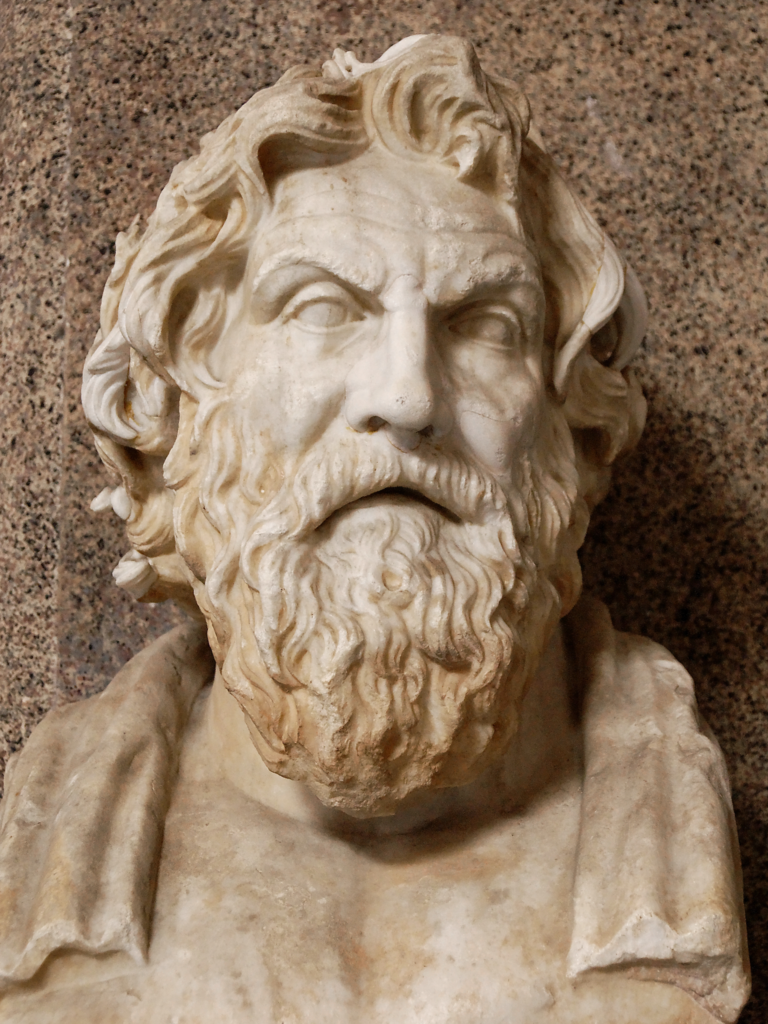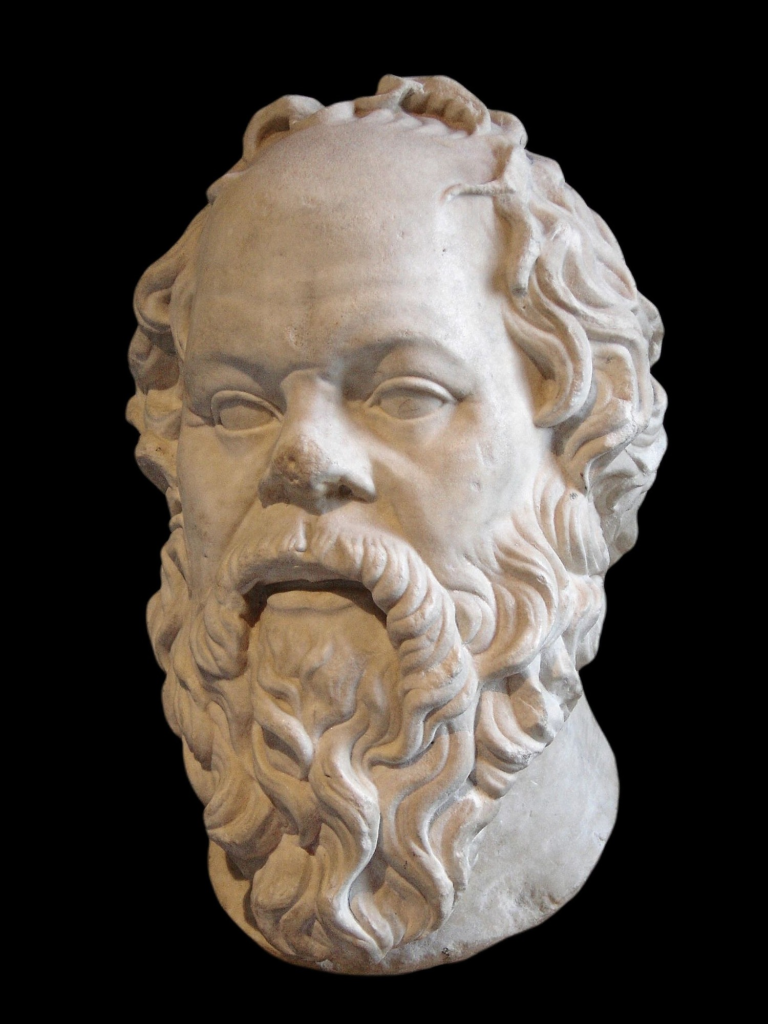Some Things you Need to Know about Anarchy

by Gary ‘Z’ McGee on May 09, 2017, from WakingTimes Website
“The most useful piece of learning for the uses of life is to unlearn what is untrue.” Antisthenes

Anarchy is often a confusing term to most people, but it needn’t be.
It simply means:
- no masters
- no rulers
- the absence of political authority
Unfortunately, most people think it means chaos and disorder.
This is due, in no small part, to statist propaganda and a kind of Orwellian doublespeak that keeps the masses ignorant and confused.
It’s also due to a simple misunderstanding about the human condition.
Humanity’s History & Ancient Civilizations – Library of Rickandria
Most people assume, either due to cultural conditioning or political brainwashing, that they need to be ruled over, forgetting the very obvious fact that people are fallible, including the people who would rule.
They fall victim to the classic logical fallacy-appeal to authority, while also getting caught up in a vicious tautological reasoning – people are bad therefore they need to be ruled by people are bad therefore they need to be ruled by people are bad… on and on, ad infinitum and ad nauseam.
It’s all psychological, but,
people don’t need rulers, they need Leaders…
That said, here are four things you probably didn’t know about anarchy.
1. Anarchy Implies Freedom
“No man is free, who is not master of himself.” Epictetus

If self-rule is the foundation of anarchy, then, freedom is its cornerstone.
We simply cannot call ourselves free if we are a statist, for statism implies that one fall under the overreaching power and outdated laws of the state, which is the opposite of freedom.
No Masters, No Rulers – A World Without Statist Conditioning (bibliotecapleyades.net)
Under a banner of anarchy one can consider himself free because he falls under:
- the laws of reason
- the non-aggression principle
- the Golden Rule
- the cosmic law
As long as these vital laws of social survival are not violated, one can call himself free and an anarchist.
As long as they are violated, one cannot claim freedom, only:
- delusion
- corruption
- violence
and immorality.
Freedom works both ways.
One must not only fight against becoming a slave, but one must also fight against being a master or ruler.
He who is caught up in being a master or ruler becomes a slave to his own tyranny.
Slavery anywhere – whether soft or hard, whether one is a slave or a master – is a threat to freedom everywhere.
2. Anarchy Implies Non-Violence
“It is forbidden to kill; therefore, all murderers are punished unless they kill in large numbers and to the sound of trumpets.” Voltaire

The Bloody Bible – Library of Rickandria
The non-aggression principle is another cornerstone of anarchy.
One need not be violent in order to be a free, self-ruling anarchist.
One need only apply self-defense when needed, while making sure not to succumb to offensive overreach or of lording one’s power over others.
Freedom is paramount, including the freedom of those who think differently.
That doesn’t mean people are free to kill or injure or steal.
It means people are free as long as they are upholding the non-aggression principle while also upholding a stout and vigilant self-defense against these few who would:
- kill
- injure
- steal
Statism, on the other hand, does not honor the non-aggression principle.
It blatantly violates it.
It uses the monopoly on violence to keep its non-free statists in line and obedient.
Yet again it is clear that statism is the opposite of freedom.
3. Anarchy Implies Courage
“He is a man of courage who does not run away but remains at his post and fights against the enemy.” Socrates

The typical statist reaction to an anarchist rant is to either be reduced to ad hominem attacks or to say one of two things:
“But what about much roads!” or, “If you don’t like it here then move.”
As ignorant as these comments are they are coming from a place of blind patriotism and naive xenophobia.
What the statists who say such things don’t realize is that no matter where one goes, one will be a victim of a nation sate.
This is because statism is a pandemic psychosocial disease and a worldwide religion that trumps all other religions.
Better to remain in the place where you were born, rise up with your sound anarchist principles in hand, and defy the immediate state with your blatant self-rule and your in-your-face freedom, than to go to another state that you are not familiar with and potentially drown in culture shock.
Cultural Judaism – Library of Rickandria
Better to fight for your own sovereignty where you were raised, than to interfere in a place you are unfamiliar with and have to worry about survival before sovereignty.
4. Anarchy Implies Adherence to Cosmic Laws
“Nature is not our enemy to be raped and conquered.
Nature is ourselves, to be cherished and explored.” Terence McKenna

[Terence Kemp McKenna (November 16, 1946 – April 3, 2000) was an American ethnobotanist and mystic who advocated the responsible use of naturally occurring psychedelic plants. He spoke and wrote about a variety of subjects, including psychedelic drugs, plant-based entheogens, shamanism, metaphysics, alchemy, language, philosophy, culture, technology, ethnomycology, environmentalism, and the theoretical origins of human consciousness. He was called the “Timothy Leary of the ’90s”, “one of the leading authorities on the ontological foundations of shamanism”, and the “intellectual voice of rave culture”.]
Anarchy is the natural default social governing system, for healthy human beings otherwise there is oppression, slavery, and/or tyranny.
Anarchy is not only how healthy and free human beings “govern” each other, but how they act in accordance with cosmic laws.
For in order to maintain one’s freedom, one must not violate cosmic laws lest the backlash of those laws cripple one’s freedom due to the collapse of the ecosystem.
A true anarchist understands that he or she is a vital independent part of an interdependent whole.
Everything is connected, to include the action of the individual.
Thus, an anarchist tends to be eco-conscious while acting on eco-centric principles, while a statist tends to be eco-unconscious while acting on ego-centric principle- “tends” being the keyword.
When it comes down to it, the concept of anarchy is unnecessarily confusing, unless you are purposefully trying to keep people ignorant.
But in the age of information there is no excuse for remaining ignorant – especially regarding such an important topic as anarchy.
And especially in regard to the statism that threatens to consume us all in its unhealthy, unsustainable, ecocidal, violent, and all-consuming “maw” (Scottish and North American slang for “mother”).
Sauce:
Some Things you Need to Know about Anarchy (bibliotecapleyades.net)
